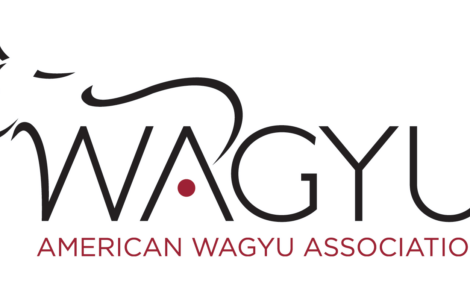



Researchers reveal the origin of Creole cattle in the Americas
Explore the genetic identity of Creole cattleAn article published in the scientific journal Scientific Reports by an international consortium led by the PAIDI-AGR-218 group of the University of Córdoba reveals that breeds of Creole cattle in America have their own genetic identity, although they share genes with breeds from at least two other continents.
Cattle did not exist in America until the 15th century when the first domestic animals were introduced after European colonization. That is at least the general consensus among the international scientific community, which, however, still does not reach an agreement on the contribution of breeds from other continents to the configuration of the Creole breeds that today graze throughout the continent.
An article published in Scientific Reports by the international consortium BIOBOVIS of the CONBIAND Network, directed by the professor of Genetics at the University of Córdoba Juan Vicente Delgado Bermejo and coordinated by the researcher at the University of Córdoba Amparo Martínez, reveals that cattle Creole of the Americas has multiple origins and has a unique identity that differs from European and African races.
The results of this genetic analysis also indicate that both the level of diversity and the contribution of breeds from other continents vary greatly among Creole cattle populations in different regions. The authors explain that “our results confirm the predominant origin in Iberian cattle breeds, but also point to the important contribution of cattle from other regions. An example is some populations of Creole cattle from Brazil, Panama, Mexico and Colombia that show a clear African contribution to their genetic composition.”
In addition to the researcher Catarina Ginja, from the Research Center on Biodiversity and Genetic Resources (CIBIO/InBIO) of Porto and researchers from the University of Córdoba, the team includes research staff from 38 other institutions such as the University of Lisbon, Luis Gama , from CIISA-Faculty of Veterinary Medicine, Óscar Cortés, from the Complutense University of Madrid, Pilar Zaragoza Fernández and Inmaculada Martín Burriel, from the LAGENBIO group of the University of Zaragoza, and more than 40 researchers from various institutions and universities in Latin America. All of them make up the Biobovis Consortium, formed within the CONBIAND Network, which for more than 10 years has been investigating Ibero-American bovine biodiversity.
Specifically, in this work several genetic markers collected from an unprecedented number of cattle have been analyzed. In total, there were almost 5,000 individuals from more than 100 populations, including Creole cattle from the Americas and breeds from Spain and Portugal, continental Europe, the United Kingdom, Africa and India.
The team also emphasizes that, given the identity of Creole cattle, it is necessary to deepen the knowledge about their genetic composition and use modern genomic techniques to investigate their adaptation to specific environments, thus promoting more efficient management and conservation of these unique genetic resources in a region where some of the largest meat producers in the world are located.


